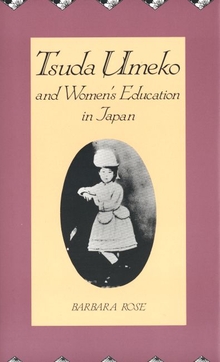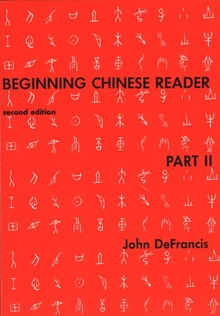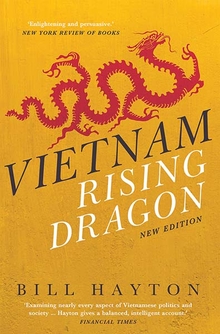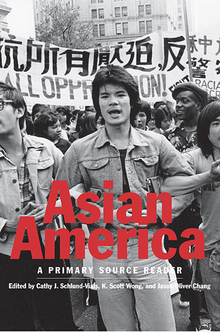Tsuda Umeko and Women's Education in Japan
WARNING
You are viewing an older version of the Yalebooks website. Please visit out new website with more updated information and a better user experience: https://www.yalebooks.com
Barbara Rose
"A very good read that weaves together many important issues in a creative, imaginative way. It has something new to say to readers in Japanese studies, women's studies, and education."—Joseph Tobin
"In her well-researched study, a former English instructor at a Japanese college details the efforts of a samurai daughter in turn-of-the-century Tokyo to improve the lot of upper-class women. Sent by the Japanese government to the U.S. at age six to absorb Western ideas, Tsuda Umeko . . . returned to Tokyo with notions reflecting an American reformist vision of feminine roles. . . . This very readable scholarly work opens intriguing vistas on Japanese women's history."—Publishers Weekly
"A welcome addition to the study of women's education in Japan. . . . Contains much useful information on the broader subject of the background of Japan's emergence as a modern nation."—Edward R. Beauchamp, Monumenta Nipponica
"A well-written and attractively produced contribution to women's studies generally as well as to the history of education in Japan."—John Honey, Journal of Educational Administration and History
"This book contributes to the scholarship by fleshing out a well-known character who has been treated up to now only one-dimensionally as a near icon. Rose skillfully portrays the paradoxes and difficulties of a woman's life lived consciously between two worlds, with a psychological home in neither. Better than anyone before her, Rose has succeeded in capturing the incongruities in Umeko's life and in using them to raise larger issues about the nature of Japanese society and its treatment of ambitious women."—Richard Rubinger, History of Education Quarterly
"Through a fascinating biography of Tsuda Umeko, a prominent Japanese woman educator, this eminently readable book examines the education of women and their place in Meji Japan, incidentally presents material on similar matters in the United States, and offers a case study of a woman whose education was entirely outside her own culture. . . . [A] finely crafted work."—Patricia E. Roy, Historical Studies in Education
Publication Date: January 29, 1992
12 b/w illus.








